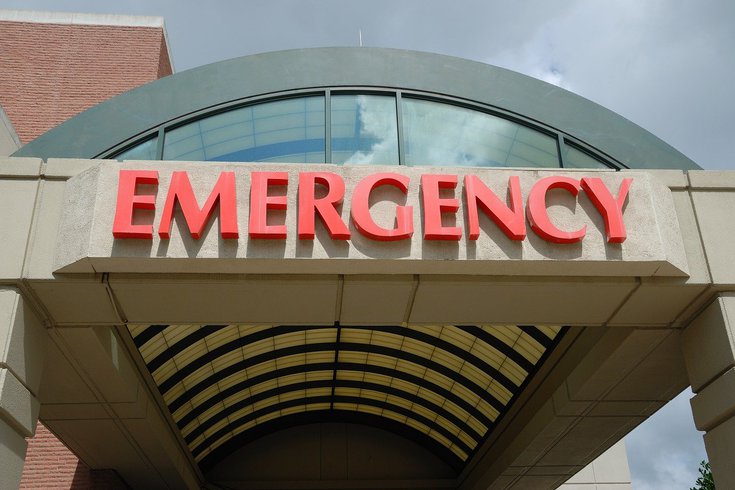
March 01, 2021
 Paul Brennan/Pixabay
Paul Brennan/Pixabay
Pennsylvania's Opioid Hospital Quality Improvement Program provided hospitals with financial incentives to better connect patients with opioid-related illnesses to long-term treatment.
A Pennsylvania program that provides hospitals a financial incentive to better connect patients with opioid addictions to substance abuse treatment produced rapid improvements, according to an analysis conducted by the University of Pennsylvania.
In response to the growing opioid epidemic, the state created the Opioid Hospital Quality Improvement Program in 2019 to boost the rate of Medicaid patients who receive follow-up care within seven days of an emergency department visit for an opioid-related illness.
The thought behind the program was that emergency departments offered a unique opportunity to connect people with opioid use disorder to treatment. People who have overdosed are at higher risk of future overdose and death. According to the National Institute on Drug Abuse, 65% of drug overdose deaths in Pennsylvania in 2018 involved opioids
Hospitals that opted into the voluntary program received financial compensation if they met four distinct treatment pathways: initiation of buprenorphine treatment during the emergency department visit, a warm handoff to outpatient treatment, a referral to treatment for pregnant patients and inpatient initiation of methadone or buprenorphine treatment.
Hospitals that only participated in some of the pathways received lesser payments.
Penn Medicine researchers conducted interviews with the leaders of 20 Pennsylvania hospitals and health systems. They found many hospitals were on the verge of adopting such changes, but the financial incentives gave them the push to prioritize access to opioid treatment.
"Policy makers have recognized that strengthening the linkage from the ED to treatment is an opportunity to combat the opioid epidemic," said senior author Dr. Zachary Meisel, director of the Center for Emergency Care Policy and Research at Penn. "Offering financial incentives provides momentum for efforts to improve treatment access for opioid use disorder."
The interviews also revealed that small hospitals couldn't justify the investment the improvements would require. Many hospitals did not initiate buprenorphine treatment despite it being found to improve patients' health outcomes and retention in treatment. Hospital leaders said the change was too difficult and time-consuming to implement.
"Future work is needed to determine the effectiveness in improving patient outcomes not only for this initiative in Pennsylvania, but also for emerging treatment methods and payment innovations in the care of patients with opioid use disorder," said Dr. Jeanmarie Perrone, director of the Division of Medical Toxicology and Addiction Medical Initiatives at Penn.
The researchers' findings were published in the journal Psychiatric Services.